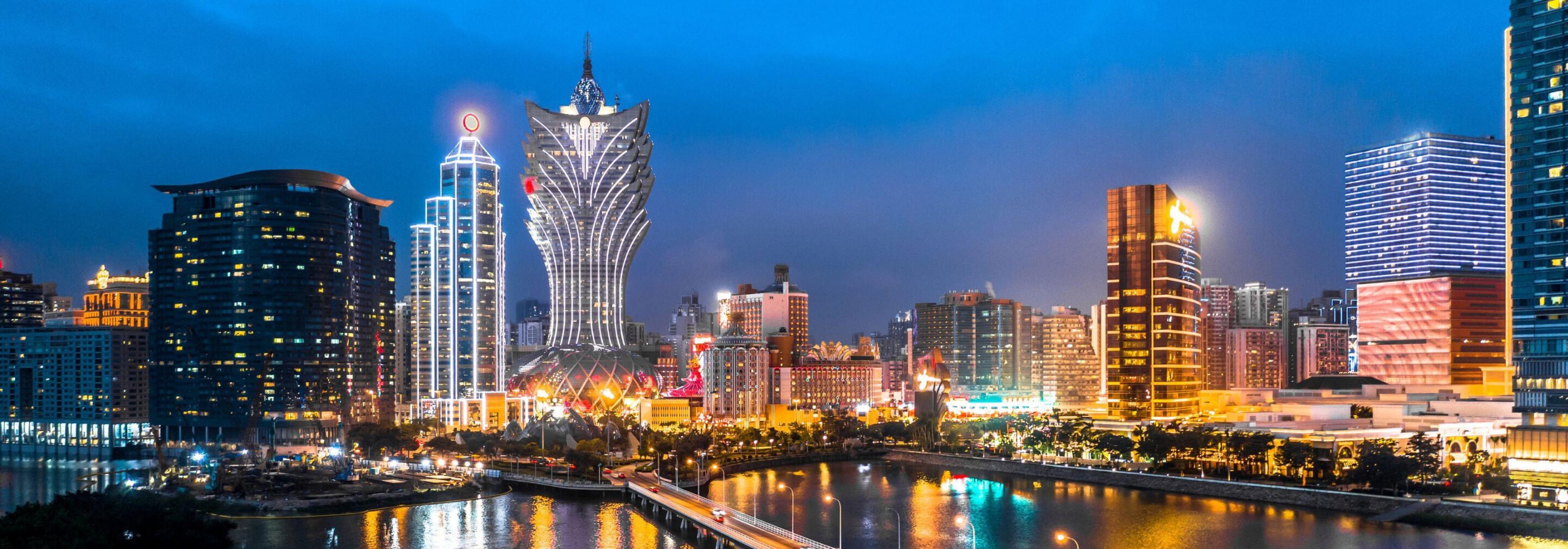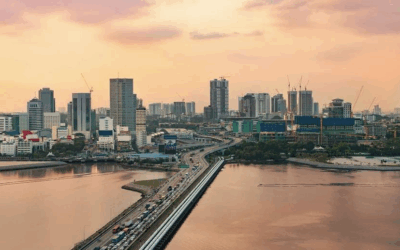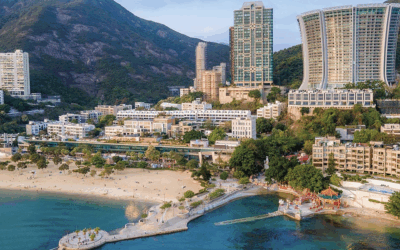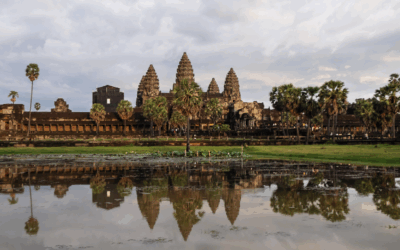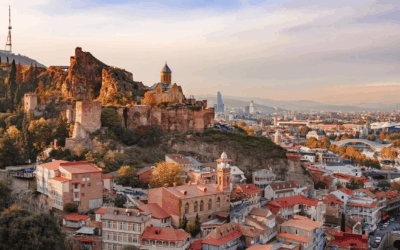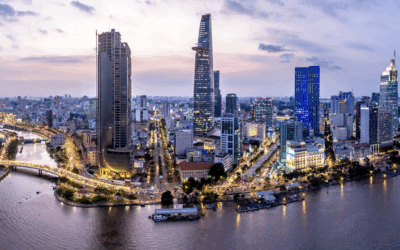It’s clear that Asia has emerged as a dominant force in the world, with several places from the region securing a spot among the world’s richest countries.
The IMF’s latest data reveals that Asia boasts more countries in the top 10 richest list than any other continent, a testament to the region’s rapid economic growth and increasing global influence in recent decades.
This surge in wealth can be attributed to various factors, including solid demographics, strategic investment in education/infrastructure, and an ability to capitalize on tech.
As we delve into the list of the world’s richest countries by GDP per capita in 2025, it’s essential to understand the unique characteristics and drivers of success for each nation.
From the tiny European powerhouse of Luxembourg to the glittering city-state of Singapore, these countries have shown remarkable resilience in the face of global turmoil.
Luxembourg ($143,743)
Topping the list of richest countries in the world is Luxembourg, whose diverse economy encompasses banking, steel, telecommunications, and tourism.
With a population of just over 600,000, Luxembourg has managed to attract a significant number of holding companies and ultra-rich residents, thanks to its favorable tax policies and stable political environment.
The country’s strategic location at the heart of Europe, coupled with its highly skilled multilingual workforce, has made it an attractive destination for international businesses seeking a gateway to the European market.
Macao SAR ($134,141)
In second place is Macao, a special administrative region of China that saw a remarkable transformation since the liberalization of its gaming industry back in 2001.
Formerly a Portuguese colony, Macao has leveraged its status as a gambling hub to generate immense wealth for its small population of around 700,000.
The region’s success can be attributed to its ability to attract a steady stream of tourists from mainland China and other parts of Asia, as well as its efforts to diversify its economy by investing in tourism and finance.

Luxembourg attracts a significant number of holding companies and ultra-rich residents with its favorable tax policies and stable political environment.
Ireland ($133,895)
Ireland’s impressive economic growth and high GDP per capita can be traced back to a series of tough reforms, including public sector wage cuts and a restructuring of its banking industry.
The country’s favorable corporate tax rate of 12.5% has been a major draw for international companies, particularly in the tech and pharma sectors.
Ireland’s young, highly educated, and English-speaking population, combined with its membership in the European Union, has made it an attractive location for businesses seeking access to Europe.
Singapore ($133,737)
The city-state of Singapore has long been recognized as a model of economic success, having transformed itself from a small trading post to a global financial center through hard work and smart policies.
Singapore’s strategic location at the crossroads of Asia, coupled with its business-friendly environment, world-class infrastructure, and highly skilled workforce, has made it a magnet for multinational corporations and high-net-worth individuals.
The country’s emphasis on innovation, and tech advancements has also contributed to its economic resilience and competitiveness on the global stage.
Qatar ($112,283)
Qatar’s immense wealth can be attributed to its vast reserves of oil and gas, along with its booming financial sector.
Despite recent fluctuations in oil prices, the country’s small population of just 3 million has allowed it to maintain its position among the world’s richest nations.
Qatar has also made significant investments in infrastructure, education, and healthcare as evidenced by its hosting of the 2022 FIFA World Cup and its ambitious plans for economic diversification under the Qatar National Vision 2030.
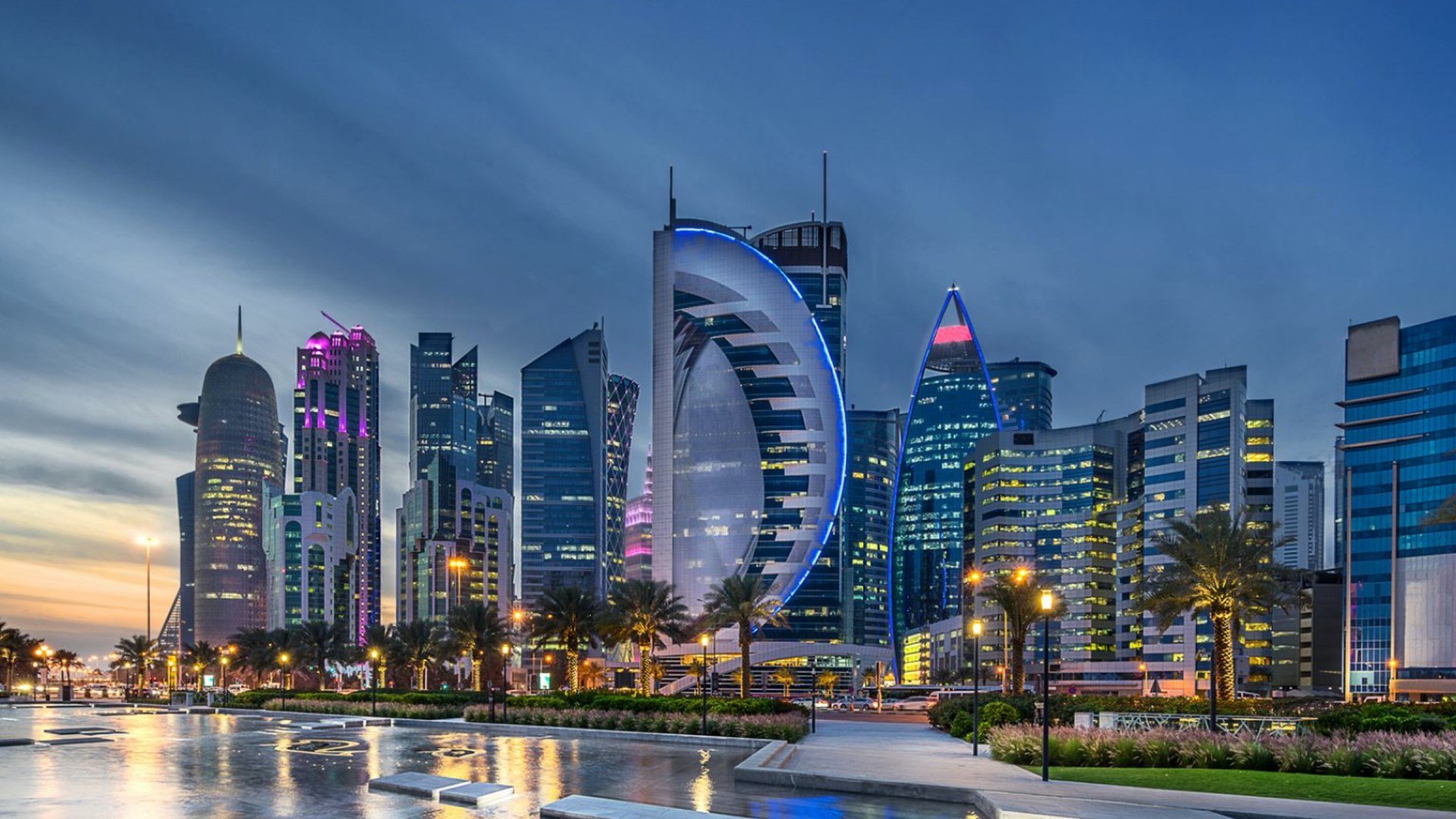
Qatar’s immense wealth can be attributed to its vast reserves of oil, gas, and petrochemicals.
United Arab Emirates ($96,846)
The United Arab Emirates (UAE) has experienced a remarkable transformation since the discovery of oil in the 1950s.
Today, the nation’s economy has diversified into tourism, real estate, and finance, helping it rank alongside the richest countries in the world.
The UAE’s strategic location, world-class infrastructure, and business-friendly environment have made it a hub for international trade and investment, attracting a diverse range of industries and talent from around the world.
Switzerland ($91,932)
Switzerland’s wealth can be attributed to its thriving banking sector, tourism industry, and exports of high-value goods such as pharmaceuticals, gems, precious metals, watches, and medical equipment.
The country boasts the highest density of millionaires in the world, thanks in part to its stable political environment, strong rule of law, and favorable tax policies.
Switzerland’s emphasis on innovation, quality, and precision has also contributed to its economic success, with many of its industries setting global standards for excellence.
San Marino ($86,989)
The microstate of San Marino, located in the heart of Italy, has managed to secure its place among the world’s wealthiest nations, thanks in part to its low income tax rates and resilient economy.
Despite its small size and population of just over 30,000, San Marino has demonstrated remarkable resilience throughout the pandemic and energy crisis, with its tourism industry and manufacturing sector showing strong performances.
The country’s unique history, cultural heritage, and picturesque landscapes have also made it an attractive destination for tourists and investors alike.

Thanks to its low income tax rates and resilient economy, San Marino, the smallest state on the list, secures a place as one of the richest countries on the list.
United States ($85,373)
The United States, with the world’s largest economy, owes its wealth to a combination of factors, including its abundant natural resources, vibrant cultural reach, entrepreneurial spirit, and high consumer spending.
However, rising inflation has eroded purchasing power in recent years, highlighting the challenges faced by even the most powerful economies.
Despite these challenges, the United States remains a global leader in innovation, tech, and higher education, attracting talent and investment from around the world.
Norway ($82,832)
Norway’s wealth is primarily driven by its vast offshore oil reserves, which have allowed the country to accumulate the world’s largest sovereign wealth fund. It’s valued at over $1.4 trillion!
This fund serves as a financial safety net for the country, with of goal of ensuring the long-term prosperity of its citizens.
Norway is also known for its strong social welfare system, high quality of life, and one of the world’s smallest income inequality gaps, demonstrating that economic success can go hand in hand with social equity and well-being.
Asia Tops Ranking of World’s Richest Countries
Reflecting on the list of the richest countries in the world, it’s clear that Asia has emerged as a dominant force with Macao, Singapore, Qatar, and the United Arab Emirates all ranking in the top 10.
This trend is likely to continue in the coming years, as Asia’s strong demographic trends, including high urbanization rates and a young population, drive the region’s growth.
Countries like the Philippines, Cambodia, and Indonesia, with median ages of 24, 25, and 28 respectively, are poised to benefit from this demographic dividend, as their young and growing populations contribute to economic dynamism and innovation.
Moreover, the success of frontier economies in Asia highlights the potential for poorer nations to develop and prosper if they have the right societal and economic policies in place.
As the global economic landscape continues to shift, with investors seeking higher returns and new opportunities, these frontier markets may well outperform their emerging and developed counterparts.
To conclude: the list of the world’s richest countries in 2025 serves as a testament to resilience in the face of global challenges.

